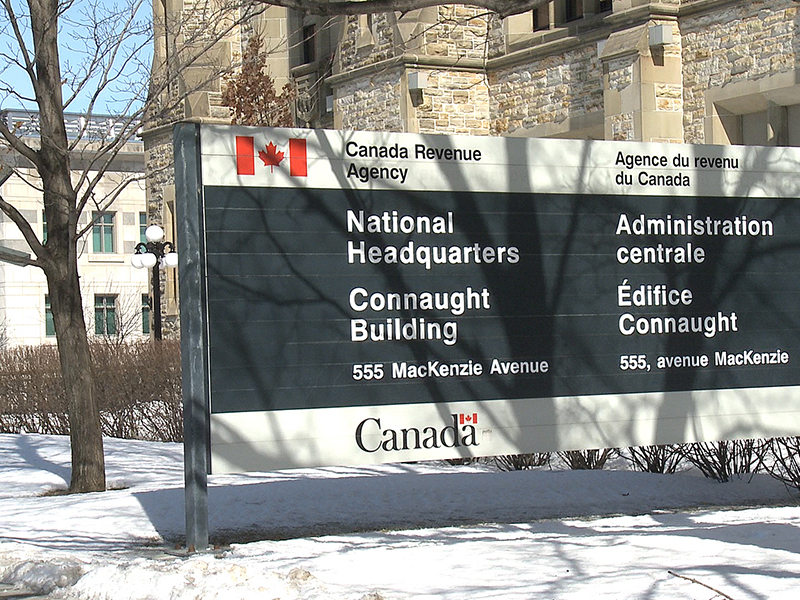
A day after the prime minister prorogued Parliament, the Department of Finance confirmed on Tuesday that the Canada Revenue Agency will administer the capital gains tax changes as proposed.
“Although these proposed changes are subject to parliamentary approval, consistent with standard practice, the Canada Revenue Agency (CRA) is administering the changes to the capital gains inclusion rate effective June 25, 2024, based on the proposals included in the notice of ways and means motion tabled Sept. 23, 2024,” a Department of Finance official said in an emailed statement.
“Parliamentary convention dictates that taxation proposals are effective as soon as the government tables a notice of ways and means motion; this approach provides consistency and fairness in the treatment of all taxpayers,” the statement said.
As the CRA previously posted on its website, the agency will issue forms to file the proposed capital gains tax changes by Jan. 31, 2025, and arrears interest and penalty relief will be provided to corporations and trusts impacted by the changes that have a filing due date on or before March 3, 2025.
Finance’s emailed statement further said that, whether Parliament is prorogued or dissolved, the CRA “will generally continue to administer proposed legislation consistent with its established guidelines.”
When Parliament resumes, “if no bill is passed in the House of Commons, and the government signals its intent to not proceed with the proposed measures, the CRA would cease to administer them,” the statement said.
Given the potential for a spring election and change of government, it seems unlikely a bill to implement the proposed capital gains tax changes will pass.
While Finance’s statement on Tuesday confirms its previously held position, it should also be noted, as tax expert Kim Moody writing in the Financial Post did on Monday, that the CRA’s income tax audit manual addresses proposed legislative amendments, saying the CRA can’t require a taxpayer to file on the basis of proposed legislation, if that legislation is not beneficial to the taxpayer.
“In such cases, inform the taxpayer that they are responsible to apply the legislation according to the enacted legislation after royal assent, and that they may be subject to interest on amounts owing,” the CRA’s audit manual says.
In a LinkedIn post on Monday, Evelyn Jacks, president and CEO of Knowledge Bureau, offered her suggestion to manage audit risk this tax season.
“[T]he prudent approach would be to calculate taxes on capital gains accordingly and then request a refund later, if these provisions are officially scrapped,” Jacks wrote.